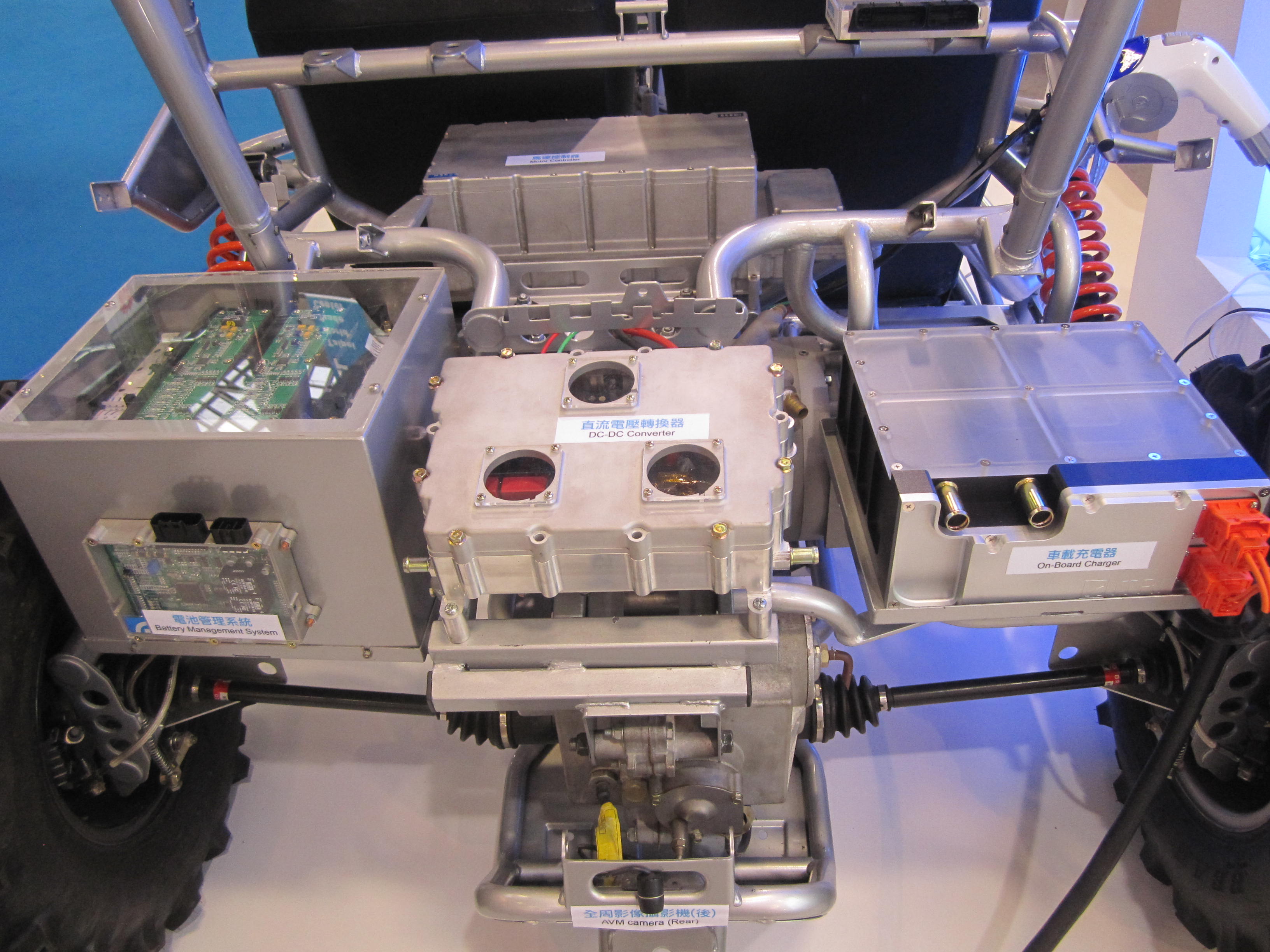Industry Experts Urge Taiwan to Focus on EV Key-system R&D
2014/02/17 | By Quincy Liang
Some industry experts in Taiwan recently said that China is one of the most aggressive countries in promoting electric vehicles (EVs) to upgrade industry development and facilitate eco-protection. China's new EV subsidy program, put into effect in the third quarter of 2013, is expected to greatly accelerate the EV industry and market advancement in the nation, also to be a good example for other countries.
From late last year, the Chinese central government began subsidizing each EV purchase up to 60,000 renminbi (RMB, or Chinese yuan), hence drawing an increasing number of local and foreign EV makers to produce and sell products in the world's largest automobile market.
Subsidizing both plug-in hybrid electric vehicles (PHEVs) and battery electric vehicles (BEVs), China targets putting five million EVs on its roads by 2020.
Volkswagen (VW), for example, is scheduled to locally produce BEV and PHEV models in China, while the German automaker has decided to set up a vehicle battery and drive-motor plant in Foshan, Guangdong Province in cooperation with Chinese automaker FAW group. General Motors (GM) of the United States has also tied up with Chinese partner SAIC Motor in EV battery and motor R&D projects, waiting for the right time to launch products.
Tesla Motors Inc. of the United States, announced tapping the Chinese market in 2013, with at least eight dealers to be set up in major Chinese cities. The American EV maker is scheduled to kick off delivery in the coming summer.
Toyota Motor Corp. of Japan, the maker of the world's most popular hybrid electric vehicle (HEV) Prius, has also announced a cooperation plan with Guangzhou Automobile Industry Group (GAIG) to push locally assembled hybrid cars in China in 2015; while Honda Motor Co. of Japan and Dongfeng Motor plan to push similar products in 2016.
Statistics compiled by China Association of Automobile Manufacturers (CAAM) show that some 21.98 million new cars were sold in China in 2013, making the nation the world's largest automobile market for five years in a row; but production and sales of green vehicles in the nation were only 17,533 and 17,642 units, respectively, last year.
In addition to subsidizing BEVs and PHEVs, the Chinese central government still has to overcome some key challenges to further popularize green vehicles, including charging infrastructure construction. Another key issue for China's development of the EV industry is the control of key technologies in battery and propulsion systems.
Taiwanese industry experts pointed out that currently China is still a recipient of key EV technologies, so now is the best time for local companies to tap into the big market, but the window will not stay open long because global EV key-technology controllers are expected to release know-how to trade lucrative business deals in China.
Regarding the subsidy of EV purchases, experts said, the 60,000 ceiling is higher than that in Taiwan, hence the big market is expected to enjoy much faster development than that on the island.
So, the experts suggested Taiwan should focus more on key EV system R&D and battery-technology research, to evade strong competition from Chinese rivals, while grabbing more business opportunities over the next couple of years in China.




